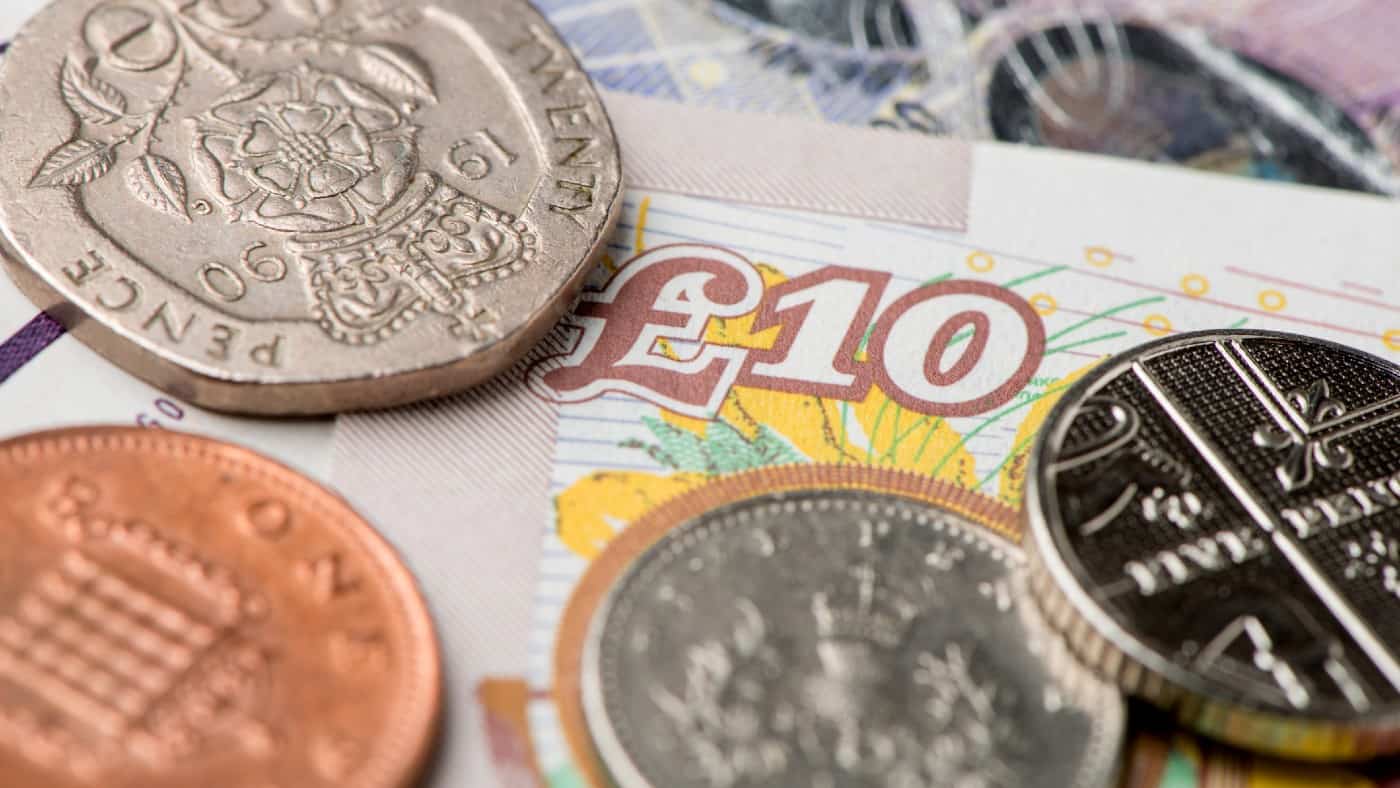I’m searching for the best cheap UK shares to buy for my investment portfolio in 2022. Even though the economic outlook is fraught with danger I think these top stocks could still deliver delicious near-term returns.
Riding the cycling revolution
The last couple of years have been bittersweet for car parts and bicycle retailer Halfords Group (LSE: HFD). Sales of its bikes rocketed as Covid-19 gym lockdowns prompted people to find other ways to get fit. However, severe supply chain problems meant the business hasn’t been able to capitalise on this trend to its fullest. This is an obstacle that looks set to continue too.
As a long-term investor, I’m tempted to buy Halfords shares. Britain has fallen back in love with cycling and rising investment in cycle infrastructure should continue supporting strong demand for the retailer’s products. Rising environmental awareness should also help sales as more people are expected to hop on their bikes and leave the car at home. Today, this UK share trades on a forward price-to-earnings (P/E) ratio of 10.4 times.
Should you invest £1,000 in Greencoat Uk Wind right now?
When investing expert Mark Rogers has a stock tip, it can pay to listen. After all, the flagship Motley Fool Share Advisor newsletter he has run for nearly a decade has provided thousands of paying members with top stock recommendations from the UK and US markets. And right now, Mark thinks there are 6 standout stocks that investors should consider buying. Want to see if Greencoat Uk Wind made the list?
Lok’N load
The self-storage market in the UK is booming. It’s why analysts think earnings at Lok’N Store Group (LSE: LOK) will rocket 188% in this financial year (to June 2022). Demand for space is rising for a number of factors, such as large numbers of people moving house and embarking on home renovations. The growth of e-commerce is fuelling occupancy rates too, as well as supply chain issues encouraging retailers to boost their stock levels.
Based on current earnings forecasts Lok’N Store trades on a forward price-to-earnings growth (PEG) ratio of 0.2. This is comfortably below the benchmark of 1 that suggests a stock could be undervalued. I’d buy the business at these levels even though demand for its storage units could suffer if consumer spending power slips in 2022.
Head to the Kape!
I’d also buy Kape Technologies (LSE: KAPE) to try and make a stack of cash as the cybercrime problems grow. This UK share creates products that keep users’ data secure and private such as VPN software and antivirus programmes. This is a highly competitive environment and success is by no means guaranteed. However, I’m impressed by the breakneck progress Kape’s making in an industry dominated by big hitters like Avast and McAfee.
In its latest financial update, Kape said it expects full-year revenues for 2021 to hit “the upper end” of a forecasted range of $197m-$202m. By comparison, the tech titan punched sales of $122.2m in 2020 and $66.1m the year before that.
Kape’s progress is probably no surprise given the rate at which the cybersecurity market is growing. Researchers at Mordor Intelligence think the industry will be worth $352.5bn by 2026. That compares with the $156.2bn it was valued at last year. I don’t think Kape Technologies’ low PEG ratio of 0.2 reflects its exceptional growth opportunities this decade.








